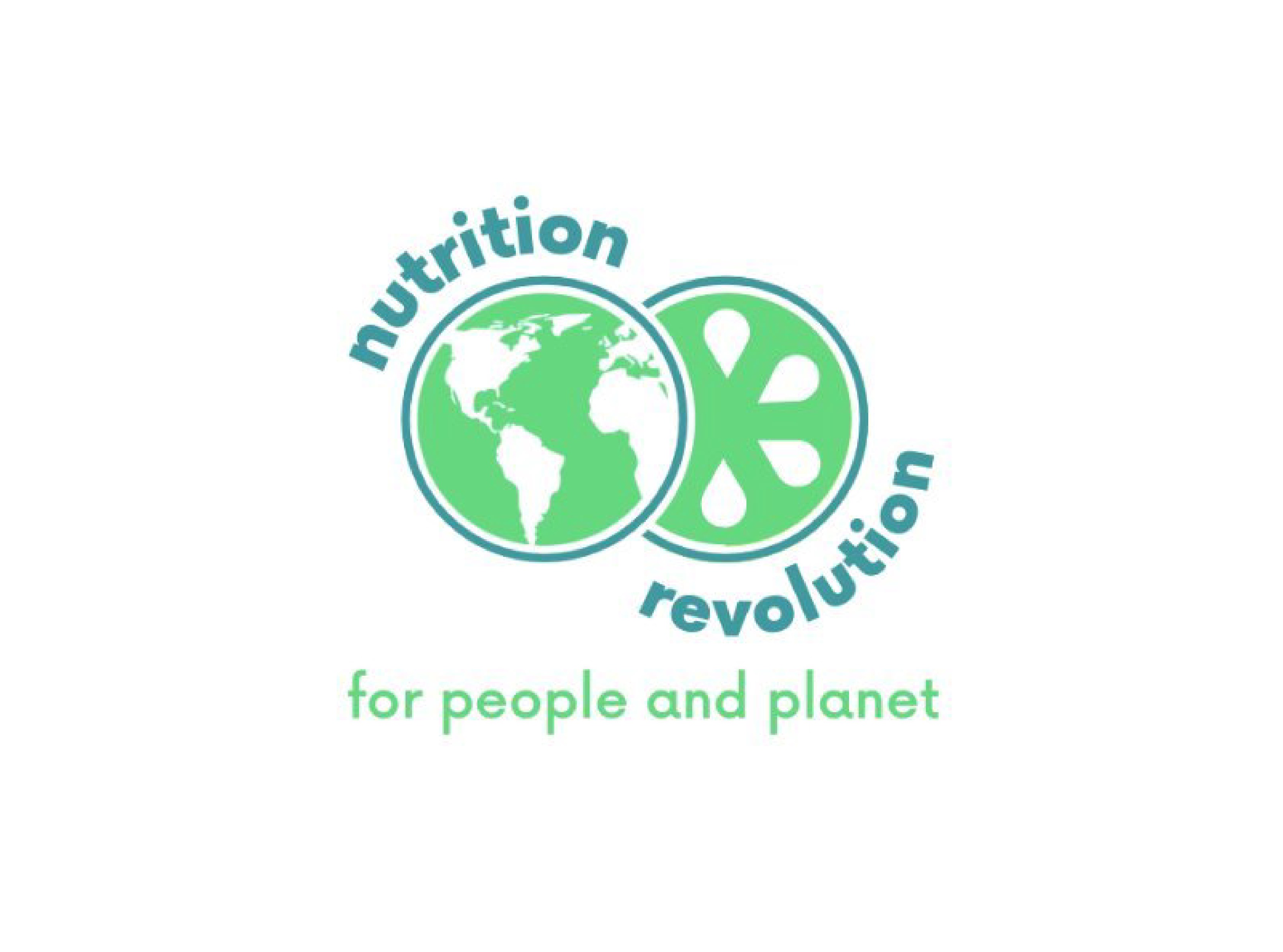 Food is at the heart of all of the Sustainable Development Goals (SDGs). The EAT-Lancet Commission for food, planet and health called for a global transformation of eating habits, improved food production, and a reduction of food waste1. A diet based primarily on wholegrain cereals, legumes, fruits, vegetables and nuts, and low in meat and foods high in saturated fat, sugar and salt, is better for both human and planetary health2. Despite this knowledge, few people choose to eat this way. As a result, food systems now account for ~34% of global greenhouse gas emissions3, and obesity and chronic diseases such as diabetes continue to increase unabated around the world4.
Food is at the heart of all of the Sustainable Development Goals (SDGs). The EAT-Lancet Commission for food, planet and health called for a global transformation of eating habits, improved food production, and a reduction of food waste1. A diet based primarily on wholegrain cereals, legumes, fruits, vegetables and nuts, and low in meat and foods high in saturated fat, sugar and salt, is better for both human and planetary health2. Despite this knowledge, few people choose to eat this way. As a result, food systems now account for ~34% of global greenhouse gas emissions3, and obesity and chronic diseases such as diabetes continue to increase unabated around the world4.
The COVID-19 pandemic presents a turning point for the way the people of Scotland procure and consume food. The Food Revolution programme harnessed this opportunity to demonstrate that knowledge can be turned into reality, starting with school and university students, who are champions of sustainability and leaders of tomorrow. Moreover, universities are hubs of transition; habits made during this sensitive life stage can have long-lasting effects.
Behaviour around food choices is complex. In hosting Knowledge Exchange events, the team collaborated with stakeholders from the Scottish food system to better understand how food choices are affected by the current situation and the interplay of different actors such as retail, academia, catering, and the media.
The goal was to show that it can be easy to make food choices that are better for health and the planet, by collaboratively designing recipes and a publicity campaign, culminating in a month-long event in which school and university students volunteer to follow a well-researched ‘Planetary Health Meal Plan.’ In demonstrating that this way of eating is both tasty and affordable, the programme hoped to inspire others in Scotland, and in schools and universities around the world, to do the same.
1. Willett W, Rockström J, Loken B, et al. Food in the Anthropocene: the EAT–Lancet Commission on healthy diets from sustainable food systems. Lancet. 2019;393(10170):447-492. doi:10.1016/S0140-6736(18)31788-4
2. FAO, WHO. Sustainable Healthy Diets Guiding Principles.; 2019. http://www.fao.org/3/ca6640en/ca6640en.pdf. Accessed January 26, 2021.
3. Crippa M, Solazzo E, Guizzardi D, Monforti-Ferrario F, Tubiello FN, Leip A. Food systems are responsible for a third of global anthropogenic GHG emissions. Nat Food. doi:10.1038/s43016-021-00225-9
4. Abbafati C, Machado DB, Cislaghi B, et al. Global burden of 87 risk factors in 204 countries and territories, 1990–2019: a systematic analysis for the Global Burden of Disease Study 2019. Lancet. 2020;396(10258):1223-1249. doi:10.1016/S0140-6736(20)30752-2